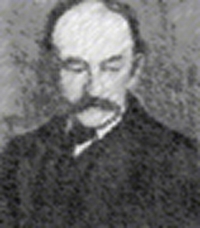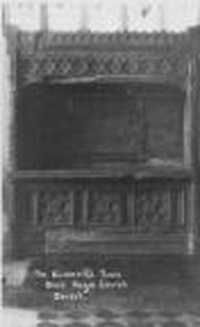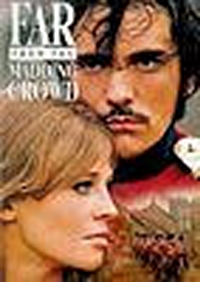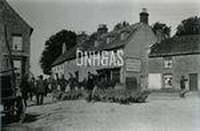Thomas Hardy (1840-1928) is unique.
He is known today as a poet and novelist, as well as the writer of a number of short stories.
However he started his career as an architect.
His novels and poems are now known and loved throughout the world, yet he was born, grew up and lived most of his long life in a provincial backwater - Dorset!
When he died, he was known for his fatalistic views of life and for being an agnostic; and yet Hardy was quoted as saying that he had once wanted to be a clergyman.
He longed to be educated at one of the great universities; although failing his ambition he is now one of the world's most studied authors
His blend of nostalgic longing for a simpler past, together with a "modern" philosophical view of the world, gives us unique insights into the human condition.
And his sheer longevity in terms of creative output is amazing in itself.
He managed in all more than 70 years of writing novels, short stories, poems and the occasional theatrical exploit. And he was published for more than 50 of those years.
Bere Regis features in several of Hardys novels and he renamed the village Kingsbere, for this purpose.
I have outlined the novels it appears in below...







